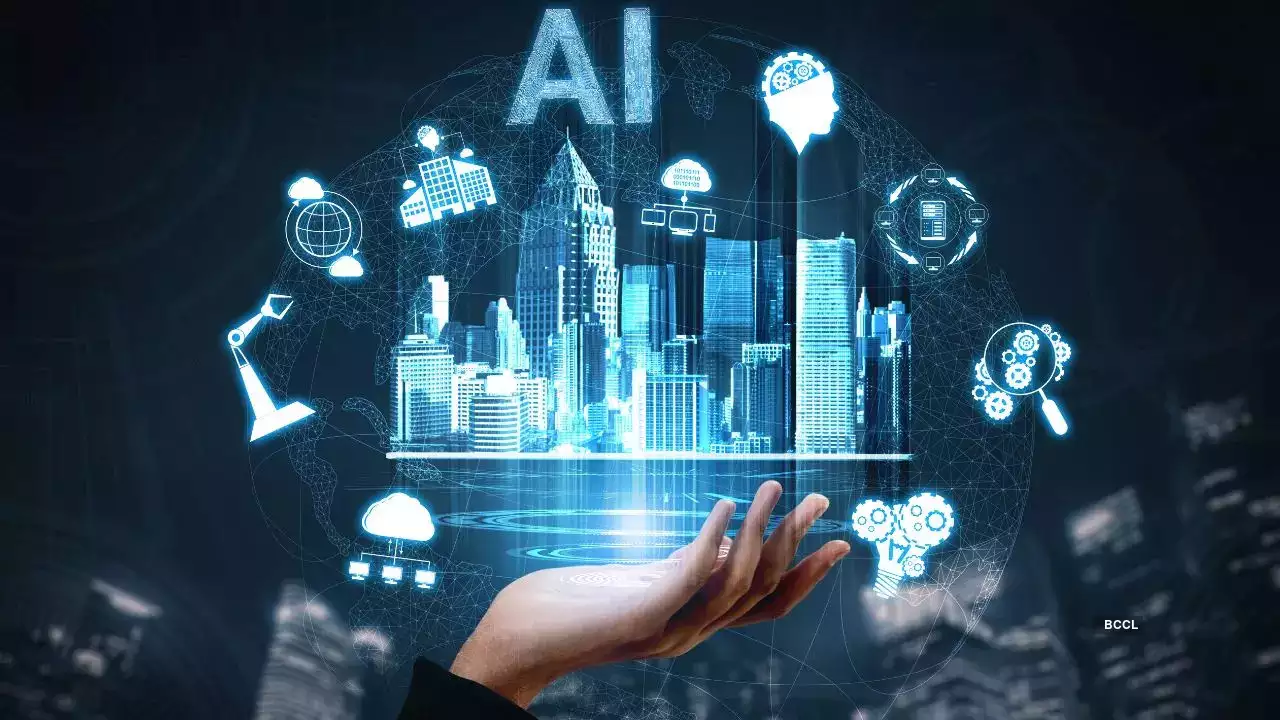Introduction: The fast rise of artificial intelligence (AI) in recent years has transformed many industries, particularly software development. As businesses throughout the world embrace AI-powered solutions, the impact on the labor market becomes clearer. This article examines how artificial intelligence-powered software development is transforming the global labor environment, posing both problems and possibilities for experts in the sector.
The Rise of AI in Software Development:
AI-powered software development involves the use of intelligent algorithms, machine learning, and automation to streamline the creation, testing, and maintenance of software applications. This approach has gained traction due to its ability to enhance efficiency, reduce costs, and deliver innovative solutions. However, as AI becomes more prevalent, its effects on the workforce cannot be overlooked.
Challenges Faced by the Global Labor Market:
Job Displacement:
One of the primary challenges posed by AI in software development is the potential for job displacement. As automation takes over routine and repetitive tasks, certain traditional roles may become obsolete, leading to unemployment for those who are not upskilled or reskilled.
Skill Mismatch:
The rapid evolution of AI technology demands a shift in the skill set required for software development. Many professionals may find themselves lacking the necessary skills, leading to a mismatch between the skills demanded by the industry and those possessed by the workforce.
Ethical Concerns:
AI-powered software development also raises ethical concerns, particularly regarding the responsible use of technology. Issues such as bias in algorithms and the ethical implications of automated decision-making processes need to be addressed to ensure fair and unbiased outcomes.
Opportunities Arising from AI-Powered Software Development:
Increased Efficiency and Innovation:
AI empowers software developers to focus on more complex and creative aspects of their work by automating routine tasks. This allows for increased efficiency and opens up opportunities for innovation, enabling professionals to tackle more challenging problems.
New Job Roles and Specializations:
While certain roles may be automated, the rise of AI creates a demand for new job roles and specializations. Professionals with expertise in AI, machine learning, and data science are increasingly sought after to develop, implement, and maintain AI-powered solutions.
Enhanced Productivity and Economic Growth:
AI-powered software development has the potential to boost overall productivity and contribute to economic growth. Businesses that leverage AI technologies can streamline their operations, reduce costs, and gain a competitive edge in the market.
Conclusion:
AI-powered software development is undeniably transforming the global labor market, presenting a mix of challenges and opportunities. As the industry continues to evolve, it is crucial for professionals to adapt and acquire the necessary skills to thrive in the age of automation. Policymakers, educators, and industry leaders must collaborate to address the challenges and ensure that the benefits of AI are distributed equitably, fostering a workforce that is prepared for the future of software development.
How is AI impacting the traditional roles in software development?
AI is automating routine tasks in software development, potentially leading to the displacement of traditional roles. Professionals need to adapt to the changing landscape by acquiring new skills and embracing the opportunities presented by AI.
What challenges does the global labor market face due to AI-powered software development?
The challenges include job displacement, skill mismatch, and ethical concerns. The evolving nature of technology demands a shift in skill sets, while ethical considerations need to be addressed to ensure responsible AI use.
What opportunities does AI-powered software development create for the workforce?
AI enhances efficiency, encourages innovation, and creates new job roles. Professionals with expertise in AI, machine learning, and data science are increasingly in demand, opening up opportunities for those willing to adapt.
How can businesses leverage AI to enhance productivity and economic growth?
By incorporating AI-powered solutions, businesses can streamline operations, reduce costs, and gain a competitive edge. The enhanced efficiency and innovation resulting from AI contribute to overall productivity and economic growth.
What steps can professionals take to prepare for the impact of AI on the software development industry?
Professionals can stay ahead by acquiring skills in AI, machine learning, and data science. Continuous learning, adaptation to new technologies, and a proactive approach to upskilling are essential to thrive in the evolving landscape of AI-powered software development.


